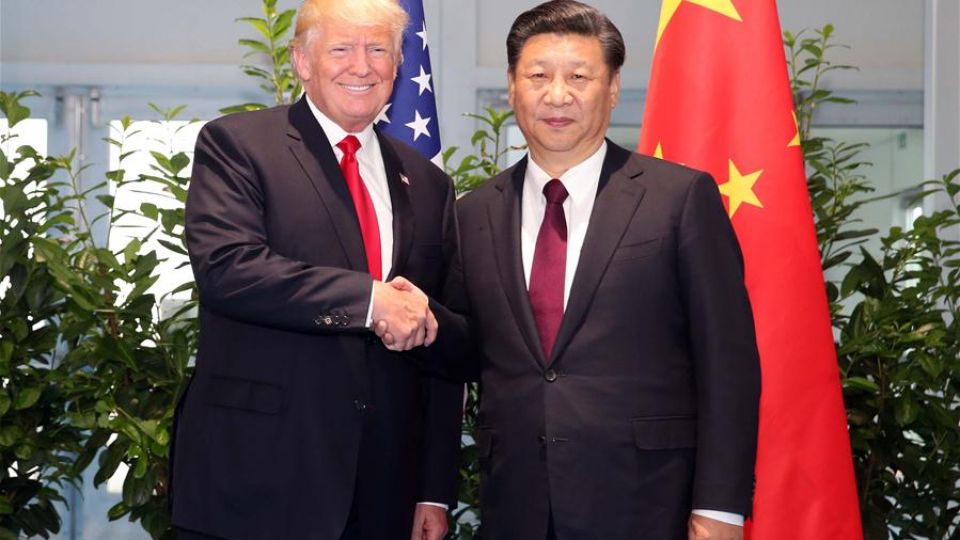July 7, 2019
A meeting between Trump and Xi in the recent G20 summit reignited the process.
China is unlikely to soften its position on issues concerning its core interests in upcoming consultations with the United States, experts said, as both countries are reportedly looking to resume talks sometime next week.
Following the top leaders’ meeting at the G20 summit last month, Reuters reported that top representatives of the US and China are planning an imminent return to the negotiating table to try to resolve their trade differences.
The talks will continue in earnest this coming week, said White House economic adviser Larry Kudlow during a Wednesday briefing. “I don’t know precisely when. They’re on the phone. They’re going to be on the phone this coming week and they’ll be scheduling face-to-face meetings,” Kudlow said.
Ministry of Commerce spokesman Gao Feng said on Thursday, without elaboration, that economic and trade teams from both countries have recently been in contact.
Wei Jianguo, a former vice-minister of commerce, said China is open to high-level talks with the US, but it will unlikely make concessions on issues that relate to the country’s core interests.
“China will not tolerate any country hurting its core interests,” Wei said, adding that the country’s core interests include sovereignty, safety and the right to development. Wei is now vice-president of the China Center for International Economic Exchanges, a major government think tank.
In a white paper in June, the government described what it called Washington’s demands that led to failure to resolve remaining rifts. For example, the US government insisted on including “mandatory requirements” concerning China’s sovereign affairs in the agreement, which only served to delay the talks’ progress, the report said.
Chen Wenling, chief economist at the center, said that in bilateral negotiations, both sides should treat each other on an equal basis, and any country’s sovereignty cannot be undermined.
Dong Yan, a researcher at the Chinese Academy of Social Sciences’ Institute of World Economics and Politics, said: “Facing uncertainties, China needs to continue on its set course of reform and opening-up. That can help speed up the country’s pace to achieve high-quality growth.”
Wu Changqi, executive director of the Institute of International Business and Management, Peking University, said China has made great progress in protecting intellectual property rights, and will continue to do so.
“China has rich intellectual resources and a complex market structure. Multinationals have sped up the pace of setting up research and development centers in China in recent years,” Wu said.


